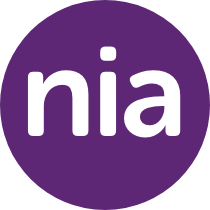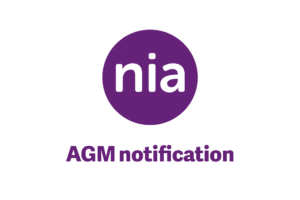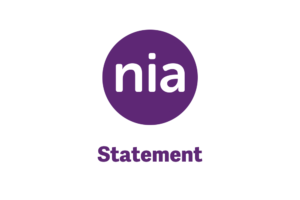Since International Women’s Day, we have been sharing blogs from members of our staff team describing a typical day. Today we are looking at a day in the life of an IRIS * Advocate
*(Identification and Referral to Improve Safety)
‘Eighty percent of women in a violent relationship seek help from health services at least once and this may be their first or only contact with professionals (Department of Health, 2000). However only around 15% of women with a history of domestic violence have any reference to abuse in their medical record in primary care. (Richardson et al, 2002)’
This is why the IRIS programme is vital for women so that when we train clinicians and staff in primary care, we are empowering them to recognise, respond, risk assess and record patients experiencing domestic abuse no matter what point of the journey the woman is at whether it is present or historical abuse. It remains crucial for GP surgeries to be that place to safely ask and discuss domestic abuse as this may be the only appointment a woman can attend on her own or be ‘allowed’ to go without an abusive partner. The training specialises in links between health and domestic abuse with an emphasis on the health issues which have an impact on women only. For example, FGM, pregnancy, miscarriage, still births, terminations and gynaecological issues – which is the largest negative health issue associated with abused women. This is something that only women can experience as a sex and therefore makes it crucial to prioritise women and highlight this in training, consultation and practice. IRIS is uniquely equipped in a multifaceted way in the way we also support women and can do so throughout any part of their journey and for longer periods of time than most other DV services. We support low to medium risk, women who experience abuse presently, historically and the support can also be an early intervention, prevention or aftercare in some cases. Although we still have to safety plan and risk assess, we also have the flexibility, time and capacity to look at intersectionality related to the woman’s experience which is paramount in supporting women. With this remit, IRIS in nia reaches approximately 300 women each year.
Women and young girls are hugely disproportionately subjected to domestic violence and abuse, starting from the early stages of our life as we are born into an unequal patriarchal society dominated by male violence. I have a passion to highlight this fact in my training with the IRISi evidence-based research specific to women’s health so that it can give me the confidence to say why we need to prioritise women and have women only spaces. Therefore, I am proud to work for an organisation like nia that reflects this belief.


